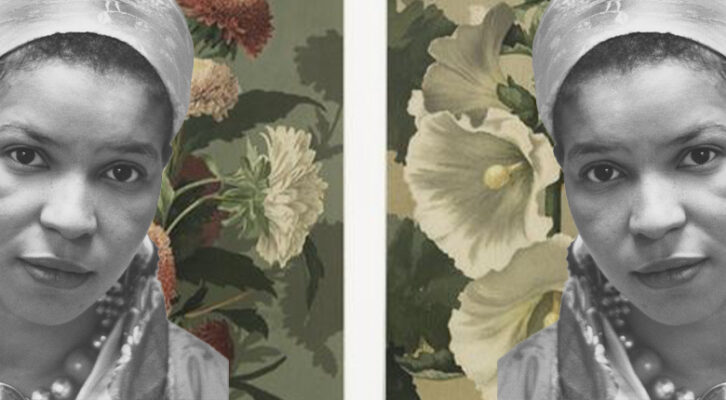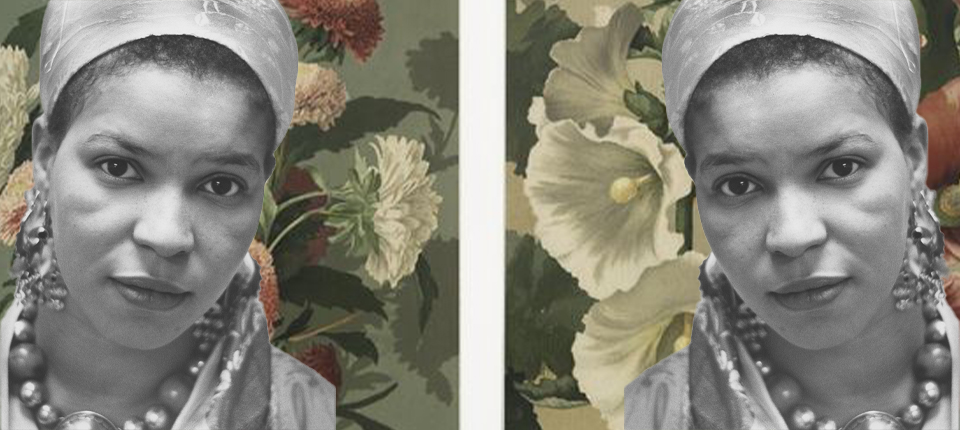
THE BEST OF THE LITERARY INTERNET
- Why don’t Americans talk about the Spanish-American War? “Not until the conflict in Cuba and the Philippines did America’s love of war become so bold that one can track the transformation.” | Lit Hub History
- Remembering Courtney Kampa through a posthumous collection capturing her vibrant life and creative ethos. | Lit Hub Craft
- “But you are making plans / without a future and my now / is twisted into your crying.” Read “Entanglements,” a poem by Ursula K. Le Guin about cats. | Lit Hub Poetry
- Matthew Restall looks at the facts, myths, and familiar political battleground of Christopher Columbus. | Lit Hub Politics
- Colm Tóibín on why he established a press to publish László Krasznahorkai. | The Guardian
- Anna E. Clark explores Trump’s disastrous impact on American education—and what can be done. | Public Books
- “So, what these platforms aspire to is their own demise, right?” Cory Doctorow talks to Amy Goodman about Enshittification. | Democracy Now!
- “Somehow Violet Lang barely seems to have been real; one can picture her passing into legend.” Anthony Lane explores the life and work of a debutant turned poet. | The New Yorker
- “Lexicographers can only document change in the language. What people do with the language is out of their hands.” Stefan Fatsis documents the history of a slur. | Defector
- Examining the Portland Frog as a surreal symbol of protest: “I got maced in the air vent. Essentially, I coughed a little. Noticed a small hint of peppermint and just continued to be in my frog costume for another hour.” | 404 Media
- David Trotter on Mrs. Dalloway and what Virginia Woolf owes to Jane Austen. | London Review of Books
- “Art, and speculation more generally, can commandeer the structures of the sensible, even when these are being actively produced to sustain bordering and racialized repression.” Kalindi Vora considers the border as a technology, and art as a disruptive force. | Public Books
- Hilton Als revisits Andy Warhol’s The Philosophy, “a systematic study of existence, values, dread, the universe.” | The Paris Review
- In the era of AI, how do we decide what is and is not intelligence? Patrick House meditates on the question. | Los Angeles Review of Books
- “While it doesn’t require a great leap of the imagination to suspect that Bellow shaped the novel to depict himself in a favorable light, for decades, it was the only version of the story that readers were likely to see.” On reevaluating Saul Bellow. | Slate
- Talia Bhatt looks at the present and future of the internet’s trans fiction writers. | The Verge
Also on Lit Hub:
58 books you need to read • Lukas Gage recommends his favorite celebrity memoirs • On Peter Matthiessen’s moral ambiguity • Quan Barry talks about writing a horror story set in Antarctica • Authors answer our burning questions • The physical and mental trauma of the Second World War • How learning Latin can help untangle history from the present • How Silicon Valley became a center of American authoritarianism • Satirizing a character who reminds you of yourself • On translating Terao Tetsuya’s Spent Bullets • Eli Rallo explores pretending to be okay • Chris Kraus on researching the the Nagamo Trail Murder • Hester Kaplan looks for her father on Mark Twain’s farm • Hot take! You don’t need AI to be good at writing • Susan Orlean’s TBR • A notorious case of white supremacist violence in Owensboro, Kentucky • 5 book reviews you need to read this week • The overlooked role of photography in fiction • On the 30-year legacy of His Dark Materials • Toni Morrison on the photography of James Van Der Zee • Mai Serhan searches for connection with her homeland of Palestine • This week on the Lit Hub Podcast • Books to feed your inner teenage weirdo • Sue Monk Kidd on finding a flow state • The best reviewed books of the week • The art and artifice of a dollhouse’s miniature world • How those fleeing slavery found new lives in the North
